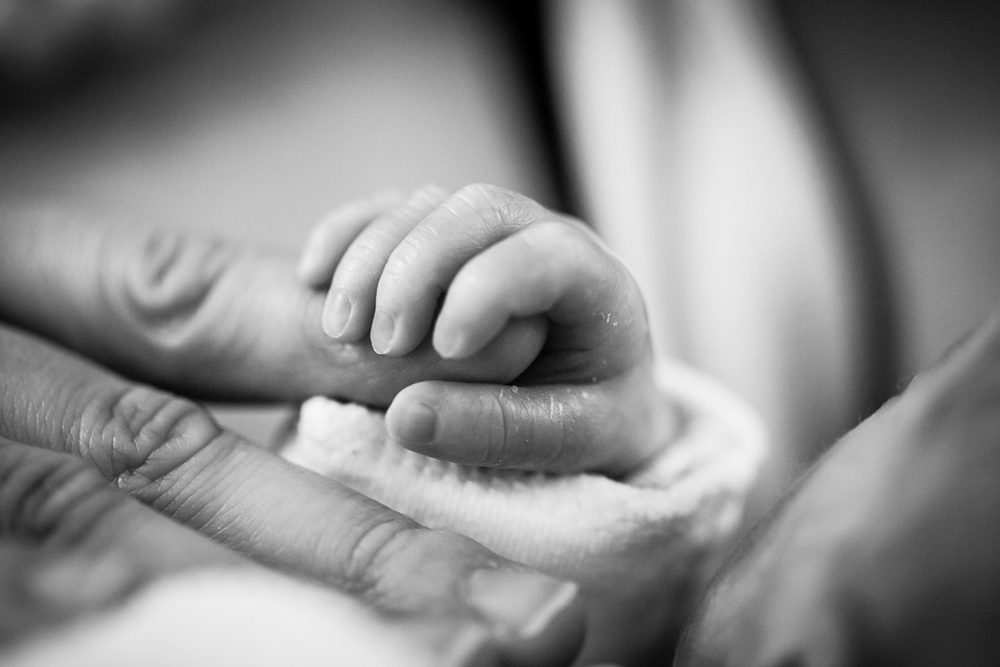At least 10 percent of all deceased newborns in Belgium were euthanized in a 15-month period in 2016 and 2017 in what experts describe as a growing phenomenon.
Constance du Bus, a lawyer and expert from the Institute of European Bioethics (IEB) in Brussels, revealed that the data analyzed from the Flanders region of the country showed a concerning growing trend of euthanasia.
“We don’t have the exact numbers for all of Belgium, but we have data from recent research concerning deceased newborns in Flanders where around 60 percent of the country’s population lives,” de Bus explained.
“Between September 2016 and December 2017, 229 newborns died there. Euthanasia through a deadly injection with a clear intention to accelerate death was carried out on 24 of them,” she said.
The expert noted that cases in which death was accelerated through purposefully refusing treatment or withdrawing treatment should also be added to those 10 percent. In reality, in the case of 61 percent of deceased newborns in Flanders, the so-called decision concerning ending their lives was made.
Du Bus highlighted the key wording in Belgian legislation which allows for newborns to be euthanized.
In 91 percent of cases, doctors who euthanized newborns justified their decision with a lack of hope for a “bearable future” for the child.
“The proponents of euthanasia for newborns pretend that there is a legal loophole for ‘decisions concerning terminating the life of newborns’ (they do not use the word ‘euthanasia’ as it would be an illegal practice). In reality, there is no such loophole: when a healthcare worker actively injects poison to kill a newborn, this should be legally persecuted. Euthanasia is permitted in Belgium only for adults and in very restricted circumstances,” she said.
Du Bus also emphasized that in 91 percent of cases, doctors who euthanized newborns justified their decision with a lack of hope for a “bearable future” for the child.
“In other words, these children had a real chance to survive, but the doctors believed that their lives weren’t worth living out,” she stated.
Moreover, the expert explained that decisions concerning the termination of a child’s life are “most often” made jointly by parents and healthcare workers. When there is a conflict between workers and parents, the degree to which the wish of the parents or the medical opinion of workers is evaluated depends on individual situations.
“Sometimes parents themselves note that they prefer the medical team to make the call,” she said.





